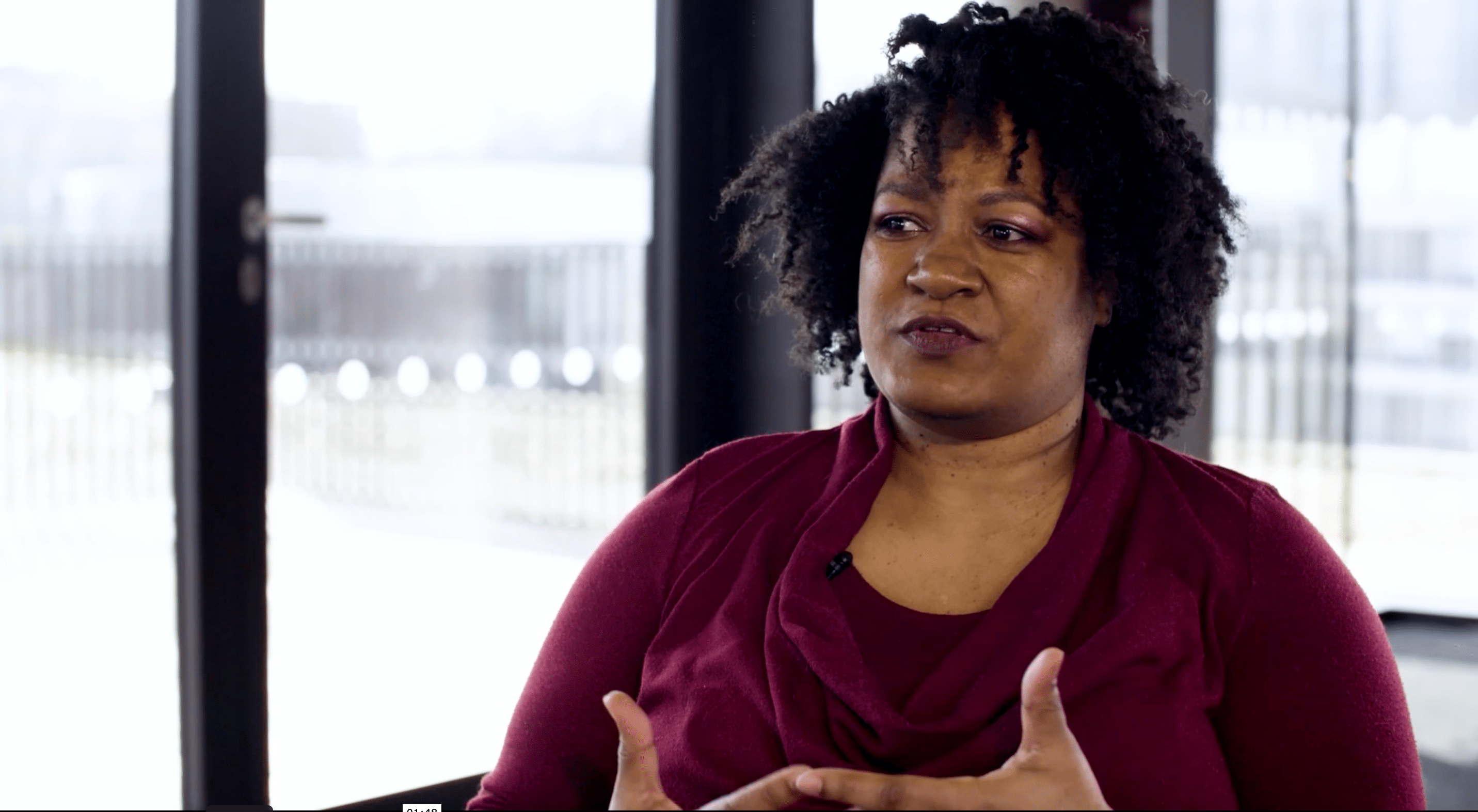How social media impacts on wellbeing of teenage girls
-
Date
Tue 20 Mar 18

Ten year old girls using SnapChat, Whatsapp and other social media for more than an hour a day are more likely to develop wellbeing issues as older teens.
A new study by Dr Cara Booker at the Institute for Social and Economic Research at the University of Essex, with Professor Yvonne Kelly and Professor Amanda Sacker at UCL, has found a gender difference in social media use in tweens and teens and finds that girls were the heaviest users of social media, and more likely to have wellbeing problems as they reach their later teenage years.
The study found that about half of girls aged 13 were interacting on social media for more than one hour a day, but only a third of boys of the same age. By age 15 both boys and girls had increased the amount of time spent on social media, but girls were still doing more – 59 per cent compared with 46 per cent of boys.
The study followed almost 10,000 children and young people taking part in Understanding Society, the UK household longitudinal study over a five year period.The researchers looked at how much time they spent on social media on a ‘normal school day’. A few reported no internet access or no time spent at all, but some were on it four hours or more. The researchers also looked at how their emotional and wellbeing scores changed over the years.
Both boys and girls saw a decline in wellbeing by age 15 but the decline was greater for girls and especially for the girls using social media the most. Dr Booker suggests the boys decline in wellbeing could be down to spending more time gaming than on social media.
Dr Booker said: “Our findings suggest that it is important to monitor early interactions with social media, particularly in girls, as this could have an impact on wellbeing later in adolescence and perhaps throughout adulthood.”
“Since we did not observe an association between social media use and wellbeing among boys, other factors, such as the amount of time spent gaming, might be associated with the boys’ observed decline in wellbeing.”
“We hope this will be useful evidence for policy makers looking at whether time spent on social media is having an impact on health. There have also been calls for the technology industry to look at in-built time limits. Our study really backs this up - the amount of increasing time online is strongly associated with a decline in wellbeing in the young, especially for girls. Young people need access to the internet for homework, for watching TV and to keep in touch with their mates of course, but do they really need to spend one, two, three or four hours chatting, sharing and comparing on social media every school day?”
Gender differences in the association between age trends of social media interaction and wellbeing among 10-15 year olds in the UK, by Dr Cara Booker (University of Essex), Professor Yvonne Kelly (University College London) and Professor Amanda Sacker (University College London) is published in the March issue of the journal, BMC Public Health.




